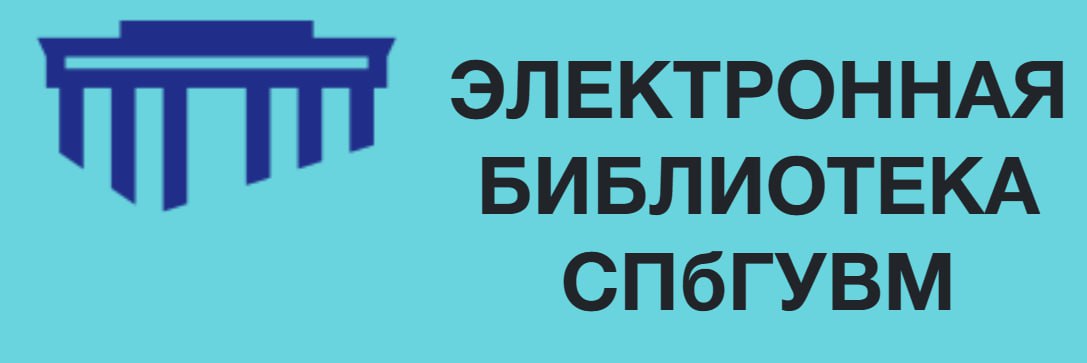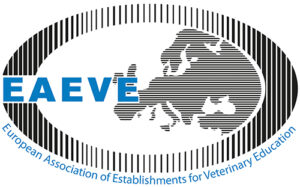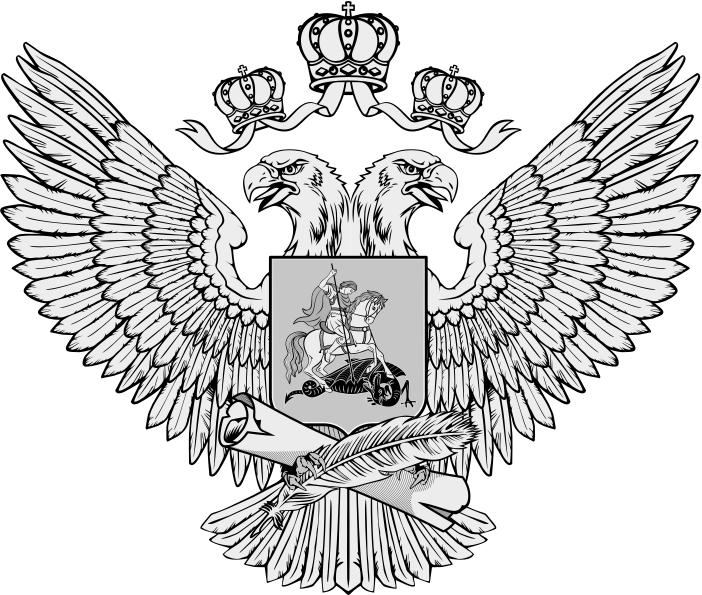University
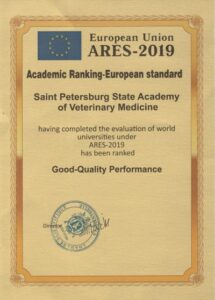 | 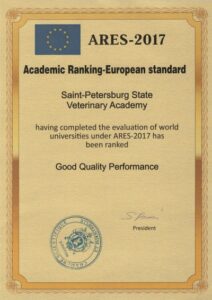 |
On the July17th, 1808 at the Imperial Military Academy of Medical Surgery in St. Petersburg a Veterinary Department was established, giving a start to higher veterinary education in Russia. Initially three chairs specializing in veterinary sciences were organized. They were headed by scientists who had received training in veterinary medicine abroad, and who worked out the first curriculum for veterinarians and in course of teaching process laid scientific foundations for many special disciplines. In 1873 due to its great importance Veterinary Department was transformed into a Veterinary Institute within the Imperial Military Academy of Medical Surgery. This institution raised several generations of prominent Russian researches and professors specializing in veterinary sciences.
Starting from 1919 Petrograd Veterinary and Zootechnic Institute (now -Academy of Veterinary Medicine), under the guidance of its rector – professor V. L. Yakimov, has become a worthy successor to the best traditions of educational and research institutions in the field of veterinary science. Departments of the Institute have always been headed by outstanding scientists and researches of their time. In 1923 Zootechnic Department was closed, and Institute became а single-profile veterinary higher educational establishment. Starting from 1924 it went under the name of Leningrad Veterinary Institute, and by then it had already included 25 departments. Up to 1941 new buildings provided with up-to-date equipment were constructed, museums were formed, and educational process was constantly improved and refined. In 1941-1945, in the years of Great Patriotic War, the majority of both professors and students went to the Front to fight, and the remaining were evacuated and continued to teach and to study. During the Siege of Leningrad some buildings of the Institute were destroyed but major property and main museum values were saved. In 1946 lecturers and students came back home from evacuation. A lot of work in terms of restoration of academic buildings, clinics and economic complex in general was done. By 1953 restoration activities were over, educational process returned to its normal course, research programs were restarted and renewed. In 1958 Leningrad Postgraduate Medical Veterinarian Institute, established in 1930 because of the need for continuing education for veterinarians, was affiliated to the Veterinary Institute; since then 12 000 specialists received advanced training. Junction of these two higher educational establishments served as an incentive to improve and perfect educational process.
In 1994 Leningrad Veterinary Institute was renamed into St. Petersburg State Academy of Veterinary Medicine. In March 2020 St. Petersburg State Academy of Veterinary Medicine was renamed into Saint Petersburg State University of Veterinary Medicine. Today it holds its well-deserved position among the leading educational establishment of the kind. Academy comprises 21 departments, where numerous courses are taught, laboratory and practical classes are being held and research work is being continuously conducted. 14 leading professors of the Academy are associate and corresponding members of the branch academies (International Academy of Agricultural Education, Peter’s Academy of Arts and Sciences, Ecological Academy, Academy of Natural Sciences, etc.). By presidential decrees 8 professors of the Academy were granted the title of Honored Scientist.
